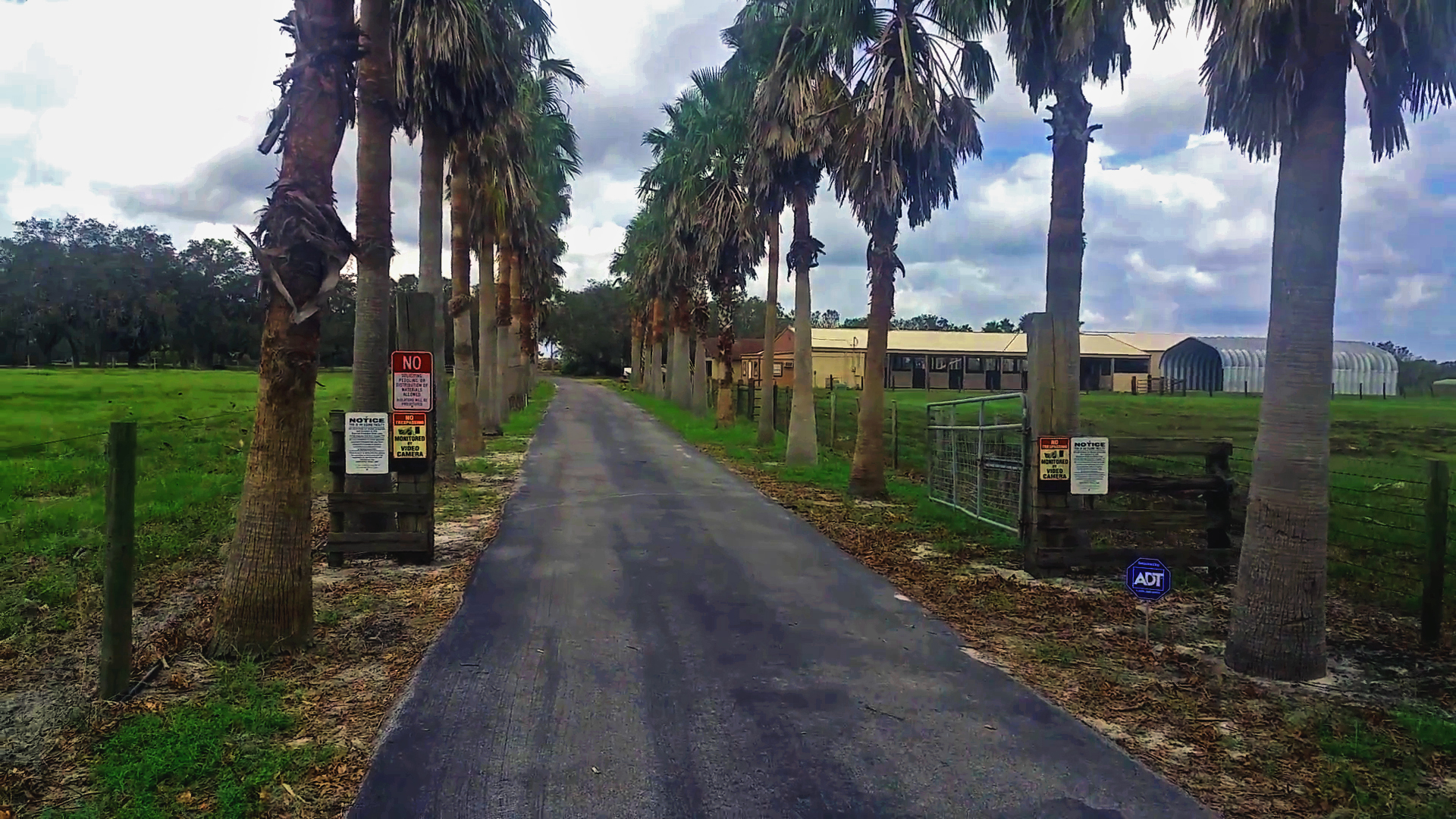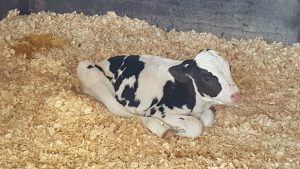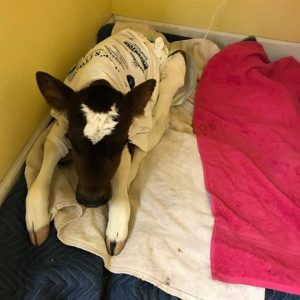Mission
Our mission is to create and maintain a pastoral environment where we can raise farm animals; create a renewable ‘food forest;’ raise awareness of the role that honeybees play as our earth’s pollinators; provide a sanctuary for animals at risk, and offer the public opportunities to experience the magic of a sustainable farmstead in action.
Scars Farm is the fulfillment of a dream that we’ve had since 2016 when we first considered finding a way to incorporate ‘permanent agriculture’ as an integral part of our lives. Because of our deep respect for the gifts that a defined piece of land could offer, we decided to design a space that maximizes the land’s potential without disturbing the beautiful balance that nature has provided.
Vision
We envision that our efforts to work with the land on its terms through regenerative agriculture methods will yield countless benefits for our family, our animals, and our community; that the awareness we raise with our public outreach efforts will translate to an increased appreciation of resource stewardship; and that the values we exhibit we will inspire a land renewal movement on a local, regional, and perhaps even national level.
History
The early days
We were first introduced to the concepts of ‘food forests’ in 2016. At the time, we lived on a tranquil half-acre lot that included a lovely canal in Lakeland, FL. Our desire to somehow design our own growing space and find a way to work with nature to provide a sustainable lifestyle for us was constrained by strict restrictions imposed by the Homeowner’s Association, and – although we loved the location – we knew that our dream would not flourish in that environment.
So – with a firm commitment to our new vision, we set forth on a quest to find a parcel of land that would accommodate this dream.
It took us over a year, but we finally found an idyllic 54-acre site in Bartow FL. The selling price far exceeded our financial capability, but we forged ahead, made an offer, and were not surprised when it was denied.
Fate stepped in. A few months later, Hurricane Irma swept the coast with sustained winds of 180 mph at its peak. This powerful Category 5 storm destroyed just about everything in its path. After Irma had lost her strength, we drove by the Bartow property to see how it had fared. We were excited to discover a ‘For Sale – Best Offer’ sign mounted on the front fence. This time, we approached the owner directly, and our offer was accepted. We closed in December 2017.

Now came the hard work!
The six buildings on the property were in terrible condition and needed serious repairs. We began to work on them immediately, and on December of that year, we welcomed a group of dairy calves to our family.
They were newborns, and the trip to our property was difficult for them. They were extremely frail, and we had no experience raising farm animals – or any kind of farming for that matter! Two of them were clearly ill when they arrived and unable to drink their milk. The person who sold them to us said that this was normal, and we began to feed them with a tube. Our parents even came to help us bottle feed them. We did everything possible to give them a chance to live!


When they continued to weaken, we called our vet, and even though she cautioned us that they only had a 30% chance of living, we decided to allow the vet to treat them at her farm hospital. Unfortunately, despite their care, a week later they both passed. We remember how painful it was to accept this loss. Our biggest regret was that we initially trusted the original owner rather than reaching immediately out to our vet. Each ‘lesson learned’ helps us help animals that need a safe home.
We soon began to hit our stride by facing challenges head on and continually increasing our knowledge-base!
One of our most critical challenges was to protect our surviving cows (Cleo, Coco, Brownie & Missy) from predators, such as coyotes, wild boars and alligators. After learning that Donkeys are well-known to be excellent ‘protectors,’ we decided to introduce two of them (Betty and Wilma) to our family. They were wonderful additions and immediately took on the huge responsibility of keeping our animals safe.
But what we didn’t know was that both of them were pregnant. In March 2018, Wilma delivered Pebbles and Betty delivered Bamm-Bamm. Unfortunately, Bamm-Bamm was born a little too soon to survive. We tried our best to save him, but his heart finally gave way, and our hearts were broken.
To honor him, we designated Bamm-Bamm as our first official ‘Sanctuary Animal’ for the ‘Scars Farm Sanctuary for Retired and Abused Farm Animals.’ There isn’t a day that goes by that we don’t reflect with nostalgia on our sweet Bamm-Bamm.
New members to our special family
In October 2018, we welcomed two mini jerseys that were one week old to our family. We reached out to our Facebook followers to help us name them. After over 160 votes, we chose the names Peanut and Chewie. Peanut is the painted jersey, and Chewie has an overbite, which made it difficult to drink milk at first. They were too tiny to join the other animals and had to make friends with them through the fence. But once they were big enough, they joyfully mingled with the others.
Our reputation spread, and before long, our farrier told us about a blind appaloosa named Chief and a quarter horse named Hope, whose facial bones and front teeth were damaged. Their owners at the time could no longer care for them, so they donated them to Scars Animal Sanctuary. The only condition was that Chief and Hope would live out the rest of their lives at our animal sanctuary. We were elated to have the opportunity!
An unexpected visit
One day, a car stopped by while we were working, and the driver and passenger asked if we were the new owners of the property. They were the original owners and were curious about our plans. When we explained our vision, they were elated that we were bringing the land back to life! They had originally purchased it in 1962. At that time, the property was barren – mostly sand. They planted all the trees, built the structures and started their horse breeding business. They didn’t explain why they decided to sell it, and we didn’t ask. We were just thrilled that they were happy and invited them to come back to visit when our renovations were completed.
Ever moving forward, one step at a time
We decided to start with our barn and other facilities so that we could care for additional animals. In November 2018, we moved all our animals into the big red barn so that we could begin renovations on our open barn.
At this point, we had also decided to reach out to people through social media. It was immediately successful, and we felt connected to the community in a very special way.
Our vision continues to evolve!
We had two colonies of honeybees on the property. One colony was living in the concrete garage walls and another in a tree that had been uprooted by Hurricane Irma. We relocated both colonies to brooding boxes and placed them in an area that will one day hold our food forest. We also plan to educate the public about the important role that honeybees play as critical pollinators for flowers, fruits and vegetables. Our plans also include a store where we can sell raw honey and other products.
Emus too?
Yes! In May 2019, two infant emus came to our farm. We named them Gizmo, who was only two weeks old, and Stripe, who was only one week old.
Emus are sometimes plagued by ‘splayed leg’ and/or ‘star gazing’ tendencies. When an emu has a splayed leg, his leg twists out away from his body, rotating so that his toes are on right angle from his body. When an emu has a star gazing condition, he looks as if he is looking at the sky to see the stars. This makes it difficult to eat or drink and often involves head tremors.
Gizmo had both issues, and we transferred both him and Stripe to our animal sanctuary. Our veterinarian recommended euthanizing Gizmo because he wasn’t eating, but we didn’t have the heart to do this. Instead, we did everything we could to save his life, including giving him drops of electrolytes to give him strength until he could eat on his own – which he finally did! Our vet also recommended surgery for his leg, but we didn’t have the resources to pay for the procedure. We decided on a cast/splint instead. The downside was that he couldn’t get up if he fell down.
Despite our care, both of little emus failed to thrive, and we lost them. They are now buried in our animal cemetery. Our hearts continue to be heavy every time that we think of them.
Scars Events
We had always wanted visitors to have a way to interact with the farm animals and share the joy that we experience through personal or small group tours. However, we also realized that we needed a steady source of revenue other than tours and donations to sustain the care we provide for our animals.
We began new renovations so that we can offer a unique venue where people will be able to celebrate memorable moments in their lives. Between our 2,500 square foot pole barn and our 3,044 square foot open barn, we knew we had the beginnings of a place where people could create their ‘dream’ event. Amenities will include nine bathrooms in our beautiful gift shop, a 21,000 square foot square foot beautifully designed paved area between the buildings, and much more!
It gets even better!
We made a commitment to make sure that everything we grow on the property would be available for use in preparing the cuisine for our events. Our goal was to offer our guests the opportunity to enjoy a true ‘farm to table’ experience. We soon will start building an aquaponics facility where we will grow most of our vegetables and plants. In addition, we will expand our permanent agriculture landscape across all 54 acres, and we will eventually have hundreds of perennial fruits, nuts and much more! Imagine a botanical garden where everything is edible!
We will be hosting garden tours and using the opportunity to educate the public how to replicate our permanent agricultural landscape on their properties.
We hope that our sustainable lifestyle; our animal sanctuary; our adherence to permanent agriculture principles; our efforts to raise awareness of the role that honeybees play as earth’s pollinators; our ‘food forest’ in action; our tours and events; and our resolve to serve as lifelong stewards of our land will have an important generational impact on both our community and beyond!
Please come see us soon! We guarantee that you will leave with a greater understanding of how nature and humankind can live in total harmony!

